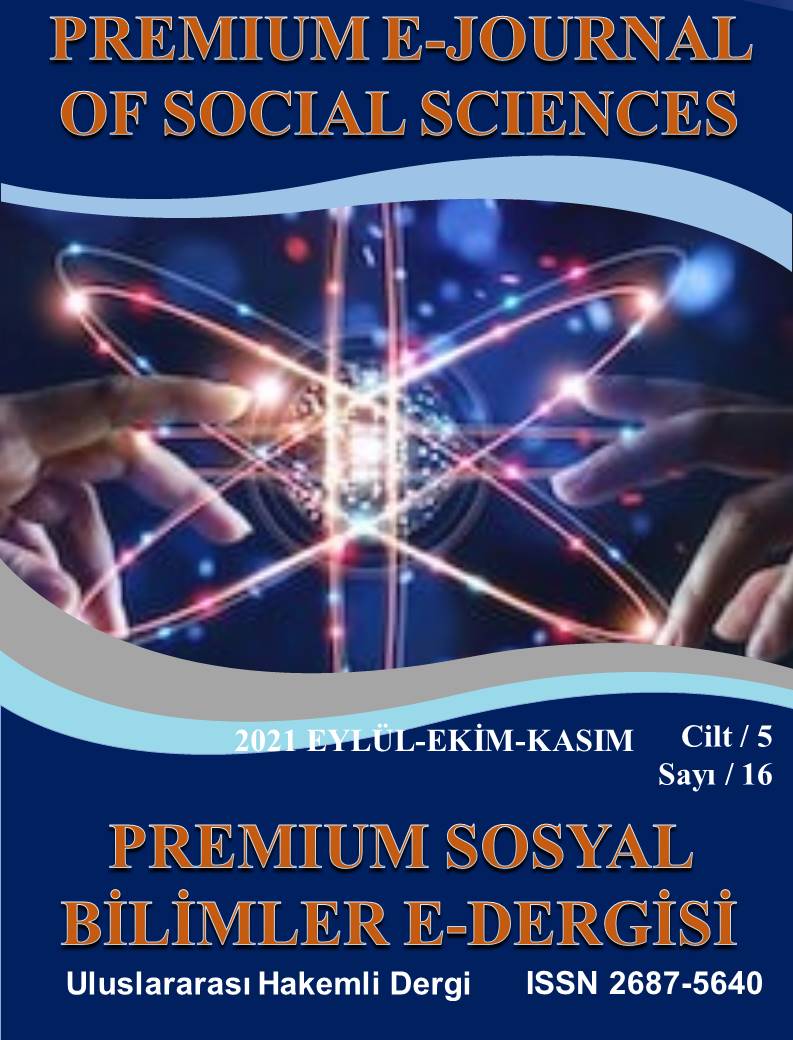SOME ASSESSMENTS ON THE CONCEPT OF LIBERTY
DOI:
https://doi.org/10.37242/pejoss.2171Keywords:
Abu Hanifa, Man, Law, Freedom, Negative Freedom, Positive Freedom, SocietyAbstract
Since freedom, which is one of the highest values and rights that a person should have as a person, is an abstract concept, its expression by a single definition is impossible. This concept, which is the subject of many fields, has been defined differently according to different disciplines and perspectives.
Freedom is an integral necessity for man. Giving up freedom means giving up being a person. Values such as morality, justice, and responsibility lose their meaning, just as a person does not have a purpose to live where he does not exist. It is a being that is free in human behavior. All his attitudes and behaviors related to the human field should belong entirely to his own responsibility. He carries himself to the outside world in all its dimensions with the consciousness of freedom that he has and finds the opportunity to realize his existence.
As a legal political concept, freedom is divided into negative and positive (freedom from one thing and freedom to something); negative freedom is based on the principle of non-interference with the individual outside the limits established by law. Positive freedom, on the other hand, the enjoyment of human rights depends on the state's participation in positive actions.
Since Islam looks at freedom from the point of view of protecting human freedom and ensuring the integrity of society, there are statements in the books that will be a reference to both concepts of freedom. However, Abu Hanifa's approach is more that he prefers negative freedom.
Downloads
Downloads
Published
How to Cite
Issue
Section
License
Copyright (c) 2021 Premium e-Journal of Social Science (PEJOSS)

This work is licensed under a Creative Commons Attribution 4.0 International License.


